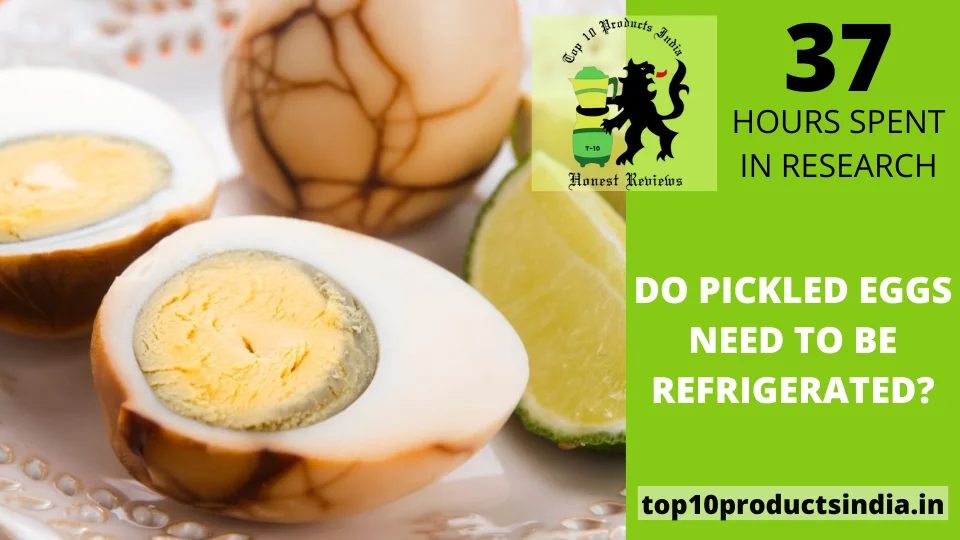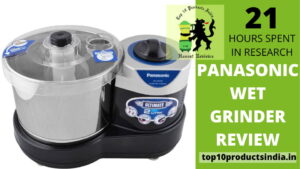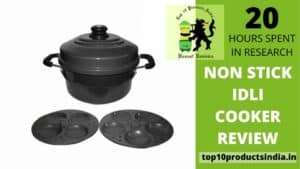Well, the short answer is that pickled eggs can be and should be refrigerated, especially after opening their jar. This way, they remain safe to eat for a very long period of time. The pickling process actually adds acidity that wards off the bacteria. However, refrigeration is the key to preserving the eggs’ quality and safety for long periods. Let me pinpoint a few benefits of refrigerating pickled eggs.
- Longer shelf life: the acidic environment actually avoids bacterial growth, which extends the eggs’ edible period.
- Flavour enhancement: now, if you have ever tried pickled eggs, you will easily be able to figure out how much better they are than normal eggs. You can put some vinegar and spices in it and offer your own unique taste to it.
- Convenience: Once you pickle your eggs, they are ready-to-eat snacks, and you can enjoy them anytime you want.
- Portability: Well, you might not be able to carry eggs during your travels and all because of two reasons: one, the chances of spoilage, and the second one is their smell, but when you are actually pickling them, there is a great convenience right at your feet which means you can carry them in a jar even on long journeys for holidays they will serve as a great food option.
- Nutritional value preserved: Pickling preserves the protein and nutrient contents of eggs.
- Versatile use: You can use pickled eggs in many dishes, and believe me, they have great potential to enhance the taste.
- Food Waste Reduction: Obviously, eggs do have an expiry date, but when you are pickling them, you’re ensuring longevity, which means less waste of food.
- Cultural tradition: Pickled eggs are a part of many cultural cuisines throughout the world, so they offer a way to link up with culinary and heritage traditions.
Safe Storage Practices for Pickled Eggs
- Refrigerator after opening: You can store your pickled eggs in jars. In your refrigerator, just make sure these are opened jars.
- Use clean utensils: Obviously, you can never compromise with cleanliness. Always use clean, smooth spoons and forks to remove eggs from the jar because if you contaminate it by any chance, you’re gonna contaminate the whole jar.
- Keep submerged: To ensure longevity, you need to ensure that the eggs are entirely submerged in the brine. This way, the taste will remain perfect, and there won’t be any spoilage.
- Seal tightly: Obviously, airtight containers are perfect for keeping foods away from foul odours and contaminations.
- Label and date: Whenever you prepare pickled eggs, put them in the jar, and never forget to paste a slip mentioning the date when they were prepared so that you can figure out what time limit they are okay to be consumed.
Shelf Life of Pickled Eggs
Well, this varies based on innumerable factors. The acidity of the pickling solution is the biggest one. Then comes the storage technique and conditions. Generally, if you are storing them properly in the refrigerator, they might be perfect for consumption for a minimum of three months.
I prefer not to eat them after four months of preservation. As I said before, you need to keep these eggs fully submerged in the pickling brine and in a tightly sealed container; otherwise, it takes no time to get contaminated.
The flavour may also get disturbed if you are not submerging these eggs in the brine perfectly. Now, homemade pickled eggs actually lack commercial preservatives, so try to consume them in less periods.
However, if you are using some high quality
Preservatives, and there is a chance that these eggs actually last for as long as six months. Don’t directly start consuming them. Be disciplined. Inspect these eggs first to see whether you are able to see any sense of spoilage or not.
Impact of Storage Temperature on Pickled Eggs
- Refrigeration is the key: We all know that bacteria’s growth is stimulated in cold temperatures. So, obviously, you need to keep your pickled eggs in the refrigerator.
- Avoid room temperature: Now, if you have prepared delicious pickled eggs and are storing them at room temperature, then there is a great chance that this spoilage may take place within a few days. Yes, you are inviting foodborne illness. Also, if the container is left slightly open, I tell you these eggs won’t last for too long.
- Consistent cooling: Temperature fluctuations can cause big problems with not just pickled eggs but all sorts of food. In short, a steady, cool temperature is perfect. If there are fluctuations, it may lead to spoilage.
- Freezing not recommended: See, if you want to enjoy the perfect taste and flavour, then don’t try to freeze your pickled eggs because this way, they will lose their flavour and be less appealing. Also, safety can be a concern.
- Warm-up climates demand caution: If you are living in any hot area, be extra special. about refrigerating your pickled eggs.
When to Refrigerate Your Pickled Eggs
- Immediately for homemade: If you are creating home-canned pickled eggs, don’t wait for even a single hour; just prepare them and put them in your fridge straight away.
- After Opening for Store-Bought: If you have brought commercially jarred pickled eggs, you can store them in a cool, dark place until they are opened. After breaking the seeds, put them in the refrigerator straight away.
- Check Labels for Guidance: Check to see if all pickled eggs have not been prepared in the same way. Different companies have different recipes and different guidance. So, just read the label to understand for how long these eggs can survive and what the right temperature is to store them.
- Mind the time: No. Whether you are preparing pickled eggs at your home or buying them from a mart or market, make sure that you’re not exceeding the four-month period. Just consume them before this 4-month limit.
How to Tell If Your Pickled Eggs Are Still Good
- Visual inspection: If you see unwanted changes or uneven changes in the texture or colour, just throw these eggs. The discolouration is a big sign that they are spoiled.
- Sniff Test: Just place your nose close to the egg and take a deep breath. If you feel there’s some sort of off-putting smell, it’s a clear indication that your pickled eggs are no longer healthy to be eaten. The freshly pickle eggs have an acidic aroma.
- Check the brine: The pickling solution is always clear when the eggs are all right. If they are cloudy, then there is certainly some sort of bacterial growth inside.
- Look for gas bubbles: Fermentation bubbles are normal initially, but if you are able to see a lot of these later on, then there is certainly spoilage inside the jar.
- Surface Mold: If the surface of the brine or eggs themselves has some mould on them, then it’s the easiest catchable indication that the eggs are spoiled.
FAQs
Can I pickle eggs at home?
Obviously, you can, and there are so many recipes about the same. You can watch YouTube to figure out how to pickle eggs perfectly for great flavour.
How long do pickled eggs last?
Well, as I said before three, a month period is the maximum. If you want to stay safe, just throw away your pickle eggs if they have exceeded this four-month limit, no matter if you have prepared them at home or bought them from the market.
Can I eat pickled eggs as part of a healthy diet?
Obviously, they have all the nutrition intact. You will get a lot of protein and other vital nutrients as well.
Do pickled eggs need to be refrigerated immediately after making?
Obviously, what are you waiting for? If you have prepared your pickles eggs and by any chance, even if you keep them out for a few hours, they may get spoiled.
Can pickled eggs go bad?
Yes, if we are not storing them perfectly, they may go back within just two or three days. That’s entirely possible, there will be some factors, such as bad smell, weird texture, bubbles and a few more, as discussed above, which will indicate that your eggs are bad.









![Read more about the article Preethi Zion vs Preethi Zodiac Food Processor [Comparison Guide]](https://top10productsindia.in/wp-content/uploads/2022/07/Preethi-Zion-vs-Preethi-Zodiac-Food-Processor-300x169.webp)
